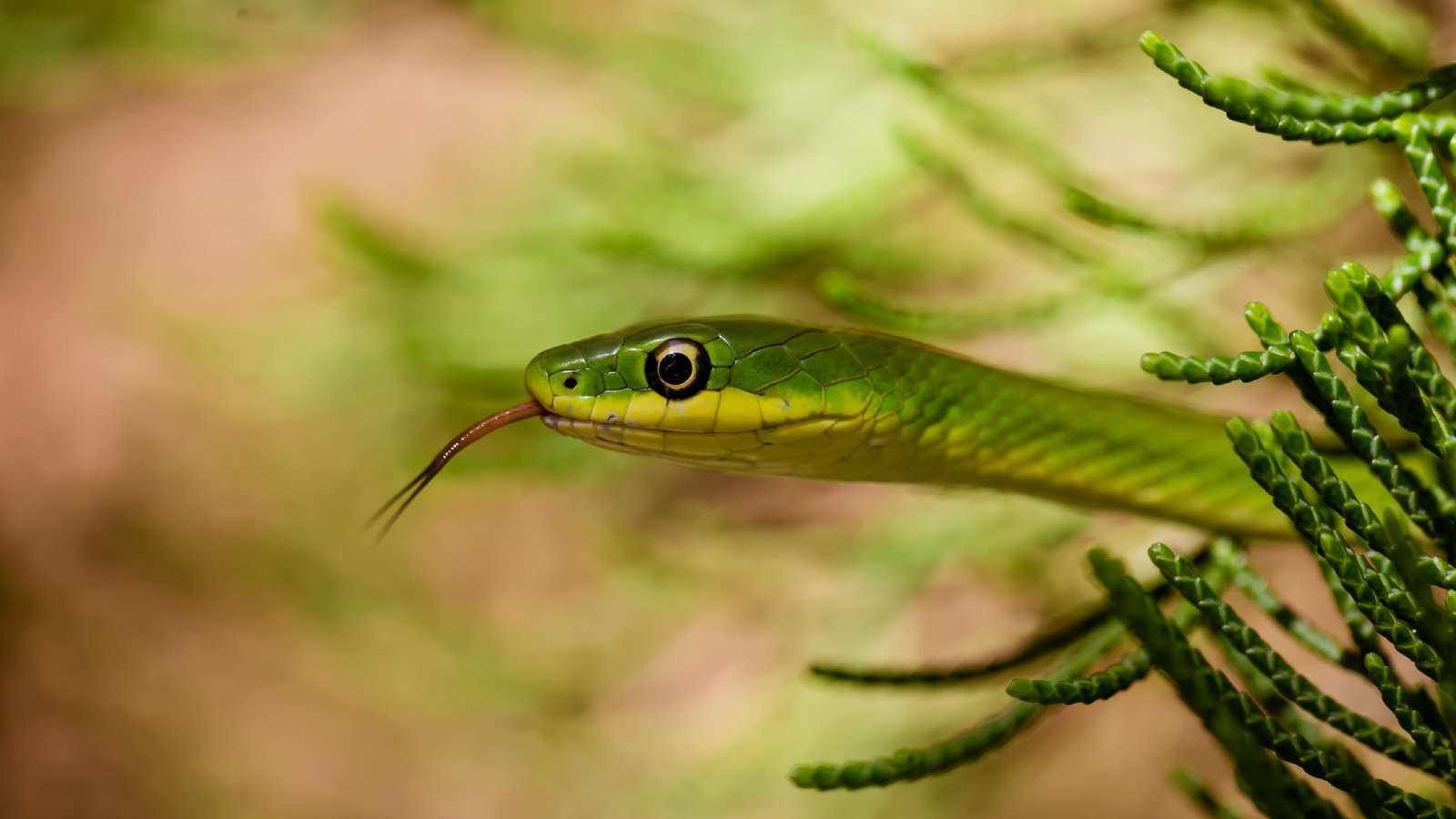What Plants Do Snakes Hate: Using Snake Repelling Plants For Gardens


Sign up for the Gardening Know How newsletter today and receive a free copy of our e-book "How to Grow Delicious Tomatoes".
You are now subscribed
Your newsletter sign-up was successful
We should all agree that snakes are important. They help keep those pesky rodent species in check, preventing the spread of disease and protecting our crops. However, we don't all necessarily want them in our gardens. Snake repellents are really just "snake oil" or bogus products that don't really work. The best methods for keeping snakes out of the garden are keeping it clutter-free and planting snake repelling plants.
What Plants Do Snakes Hate?
Mothballs and other purchased snake repellents are not effective. The only way to keep snakes away from the home is to keep tempting habitats like rocks, woodpiles, and debris away from your house. As an extra precaution, you can install anti-snake plants. There is some controversy that even these don’t work, but they can be rewarding in other ways and can't hurt to try.
Snakes gather molecules on their tongues which they then run past their Jacobson's organ. This is essentially how they smell. They don't have noses and their idea of a smell is a bit different from ours. That being said, they do have an extraordinary sense of smell which can be affected by certain plants.
Strong scents are said to be plants that repel snakes. Think allium, herbs, etc. Society garlic is an ideal example. Another great plant is lemongrass, which releases citronella oil and has a strong, lemon-like fragrance. Most of these smelly plants are also pretty and useful and could make good snake repelling plants.
Other Anti-Snake Plants
Keeping the garden natural and avoiding chemicals is a sensible way to look after our planet. Using plants that repel snakes rather than any formulation can keep the garden organic. Prickly and spiky plants may also have some repellent properties.
Mother-in-laws tongue, yucca, and other such pointy plants could be effective in keeping snakes out of the garden. Marigolds are used to repel a host of plants and could provide some deterrent to snakes. Mugwort, albeit considered a weed, provides a flowering season combined with strongly scented leaves that snakes apparently do not like.
More Tips on Repelling Snakes
Keeping your yard free of debris is the number one tip in keeping snakes away. Additionally, keep the grass mowed so that snakes don't have a cover or a place to hide. Seal up around the home and under decks, ideal snake hiding places.
Sign up for the Gardening Know How newsletter today and receive a free copy of our e-book "How to Grow Delicious Tomatoes".
Most importantly, do not allow animals that are “snake's food” to gain a foothold in your garden. Prevent mice and rats by using bait stations. Do not leave food out that would attract these pests.
Snakes are good for the garden and environment and shouldn't be harmed but a few little tricks can keep them from surprising you in the landscape.

Bonnie Grant is a professional landscaper with a Certification in Urban Gardening. She has been gardening and writing for 15 years. A former professional chef, she has a passion for edible landscaping.